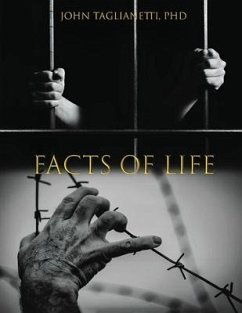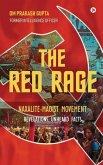This short book is all about the lost opportunity of men sentenced to life in prison. For these men, the only way out is to die in prison, which I call "toe tag parole." The option of commutation is a possibility, except that it rarely occurs in Pennsylvania. Why are commutations so rare? While some state legislatures constrained or eliminated parole in the 1990s, in most states, the parole board still has enormous power to offer second chances to incarcerated people. But most parole boards-including for many years, Pennsylvania's and Connecticut's-have refused to do so. As the criminal justice scholars Kevin R. Reitz and Edward E. Rhine note, parole board members are risk-averse political appointees with little job security. "Members or entire boards," they write, "have been forced to resign after a single high-profile crime committed by a released prisoner." Typically, parole boards are most hostile toward those who have committed crimes of violence, often refusing to consider anything other than the offense itself during rote hearings as they relitigate the offenses that morph into decades of denials.That is why it matters so much that the nation's parole board should begin to chart a new course. More than 50% of people in state prison are serving sentences for violent crimes. We will never end the scourge of mass incarceration if we write off this group. Because decades of research have proved that older people are rarely violent, extremely long sentences can almost never be justified on public safety grounds. And because some incarcerated people have found ways to change and thrive in conditions few of us could tolerate, the system should have pathways that recognize their efforts and reward them with paroles.
Hinweis: Dieser Artikel kann nur an eine deutsche Lieferadresse ausgeliefert werden.
Hinweis: Dieser Artikel kann nur an eine deutsche Lieferadresse ausgeliefert werden.



![Ontario Elections, 1883 [microform]: Facts for the People, Should Be Read by Every Elector Ontario Elections, 1883 [microform]: Facts for the People, Should Be Read by Every Elector](https://bilder.buecher.de/produkte/66/66173/66173428m.jpg)

![The People's Almanac [microform]: a Compilation of Facts and Figures for the Consideration of the Electors of Canada The People's Almanac [microform]: a Compilation of Facts and Figures for the Consideration of the Electors of Canada](https://bilder.buecher.de/produkte/66/66187/66187288m.jpg)
![Facts for the People, No. 1 [microform] Facts for the People, No. 1 [microform]](https://bilder.buecher.de/produkte/65/65492/65492969m.jpg)

